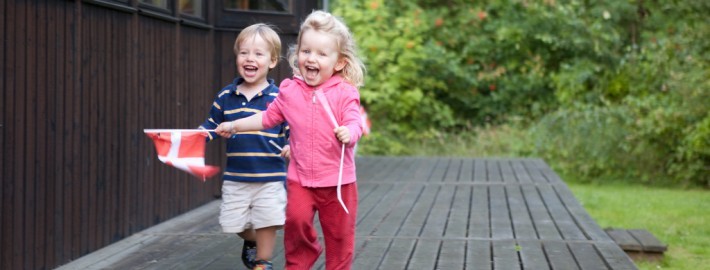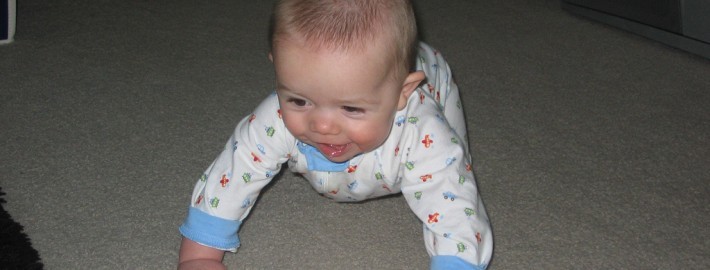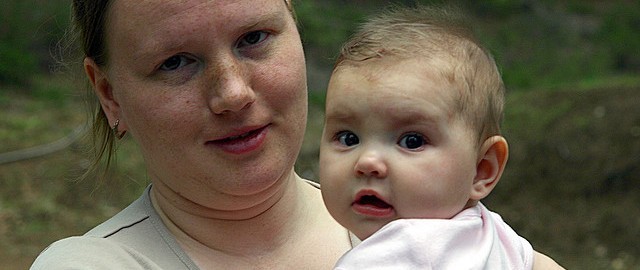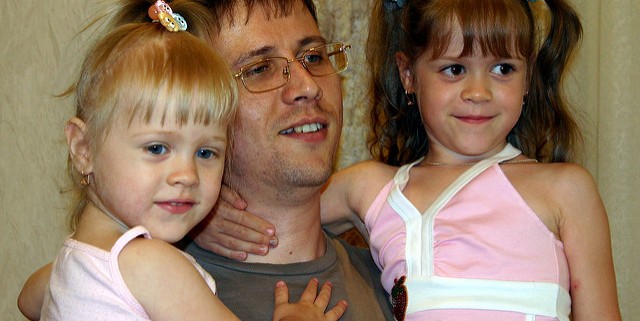Developing Motor Skills: 8 months – 3 years
Last week I wrote about the development of motor skills from birth to 8 months old. Let’s look at how they next develop….
During 8 – 14 months babies learn to pull to standing, walk along furniture, and may walk alone. There are known as Gross Motor (GM) skills. They can stand and then lower themselves to the floor (not drop down), and they begin to go up and down stairs, usually by climbing. They now use the pincer hold – they pick up objects using their fingers (instead of the palm of their hand), and are beginning to stack blocks. These are known as Fine Motor skills (FM).
You can help your toddler by: Once the baby is able to pull to standing, you can encourage the next level of movement, by placing an interesting object just a few steps along the sofa or whatever they are resting against. Finger food is great once they start using the pincer hold – give them small piece of appropriate food, whilst supervising in case of any choking hazards.



